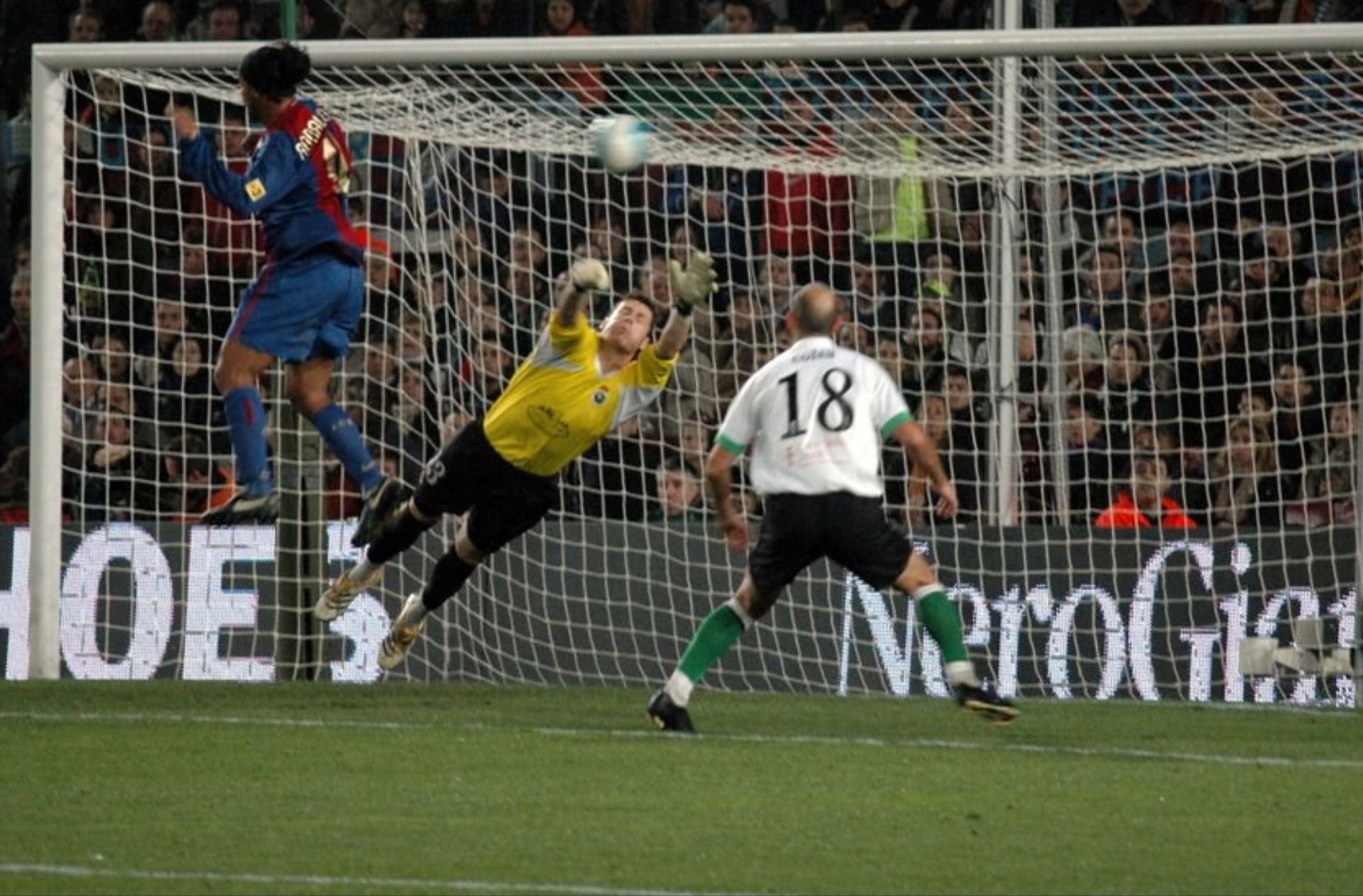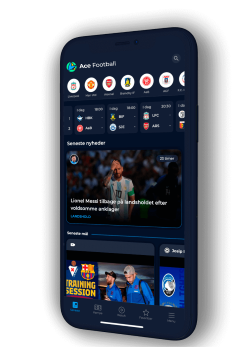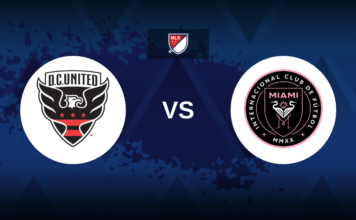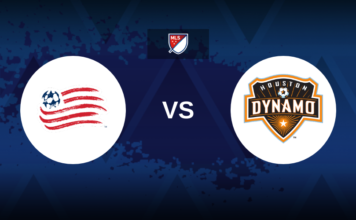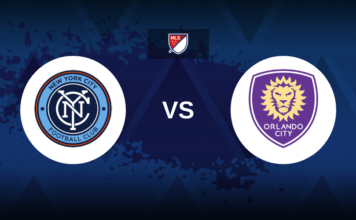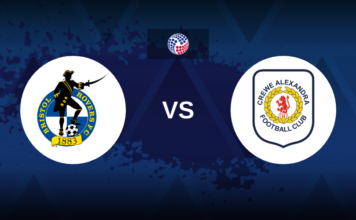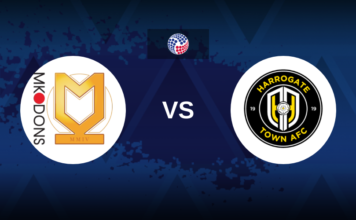From Porto Alegre to Barcelona and Milan, Ronaldinho dazzled with joy, flair, and genius—leaving behind a legacy that transcended trophies and touched hearts.
He scored. He danced. He entertained.And he did it all with a huge smile on his face.
Ronaldinho was more than just a footballer—he was a global phenomenon who made a generation fall in love with the beautiful game. He had no haters, received standing ovations from rival fans, and inspired countless future stars. This is the story of how Ronaldo de Assis Moreira, known to the world as Ronaldinho, changed football forever.
Humble Beginnings in Porto Alegre
Born in Porto Alegre, Brazil, Ronaldinho came from a footballing family. His father played for a local club, while his older brother, Roberto, played for sides like Remo, Sporting CP, and Montpellier HSC.
Originally named Ronaldo, he earned the nickname “Ronaldinho”—which means “Little Ronaldo”—because he was often the youngest and smallest on the pitch. But what he lacked in size, he made up for with magical feet and an infectious smile.
Tragedy struck early when his father drowned in a swimming pool accident. Left without a father and with few resources, young Ronaldinho turned to football with all his heart.
Rising Star in Brazil
After dazzling in futsal and beach football, Ronaldinho truly announced himself at the age of 13—scoring all 23 goals in a 23–0 youth match win. He joined the Grêmio academy in 1987 and made his senior debut in 1998. Within a few years, he was Brazil’s brightest prospect.
In 2001, a move to Europe looked certain. Arsenal came close, but a work permit issue stopped the transfer. A proposed loan to St Mirren in Scotland also fell through due to a prior fake passport scandal. But Paris Saint-Germain swooped in, paying €5 million to bring him to Europe.
European Breakthrough at PSG
Ronaldinho’s first season with PSG was rocky. Inconsistent starts and off-pitch drama—especially his nightlife in Paris—caused tension with the coach. But everything changed in January 2002, when he found form and ended the season with 9 goals and 7 assists in just 19 starts.
His performance at the 2002 FIFA World Cup with Brazil was even more iconic. Teaming up with Ronaldo and Rivaldo, he played a crucial role in Brazil’s record fifth World Cup triumph. His stunning free kick against England in the quarterfinal is still remembered as one of the greatest goals in World Cup history.
Changing the Game at FC Barcelona
After two years in Paris, Ronaldinho joined FC Barcelona in 2003 for €30 million. Given the iconic number 10 shirt, he was brought in to lead a revival—and he delivered.
His first goal in La Liga was a thunderbolt from 30 yards against Sevilla. Despite an injury setback, he finished the season with 33 goal contributions and was named FIFA World Player of the Year.
But his second and third seasons at Barça were even more spectacular. He won La Liga, assisted Lionel Messi‘s first-ever goal, and then delivered an unforgettable performance in El Clásico, scoring twice at the Santiago Bernabéu to earn a standing ovation from Real Madrid fans—a rare honor previously only given to Maradona.
In 2005, he won the Ballon d’Or, became the first-ever FIFPro World Player of the Year, and was widely regarded as the best footballer on the planet.
The next season, he led Barcelona to another La Liga title and their first UEFA Champions League trophy in 14 years.
Decline and Departure
But after the 2006 World Cup—where he failed to score and Brazil were knocked out in the quarterfinals—Ronaldinho’s form dipped. Injuries and his party lifestyle took a toll. In 2008, new Barça coach Pep Guardiola made the bold call to let him go.
Despite offers from Manchester City, Ronaldinho chose AC Milan. His first season was underwhelming, but he bounced back in his second, finishing with 34 goal contributions. In 2011, he returned to Brazil with Flamengo and later joined Atlético Mineiro, where he added the Copa Libertadores to his trophy cabinet.
A Legacy Like No Other
Ronaldinho remains the only footballer to have won all of the following:
- FIFA World Cup
- Copa América
- FIFA Confederations Cup
- UEFA Champions League
- Copa Libertadores
- Ballon d’Or
His impact transcended statistics. He made football fun again. Whether it was his no-look passes, dazzling dribbles, outrageous tricks, or the joy he spread with every touch, Ronaldinho reminded us why we fell in love with the sport.
The Face of Joga Bonito
If ever there was a player who personified Brazil’s “Joga Bonito” (the beautiful game), it was Ronaldinho. He brought street football to the biggest stages. His smile, his hair flying in the wind, his samba-infused skills—he was art in motion.
Generations of players—from Neymar to Mbappé to Messi—credit him as an inspiration. And fans across the globe will never forget the magic he brought.
Ronaldinho didn’t just play football.
He lived it.
He loved it.
And he made the whole world love it too.
